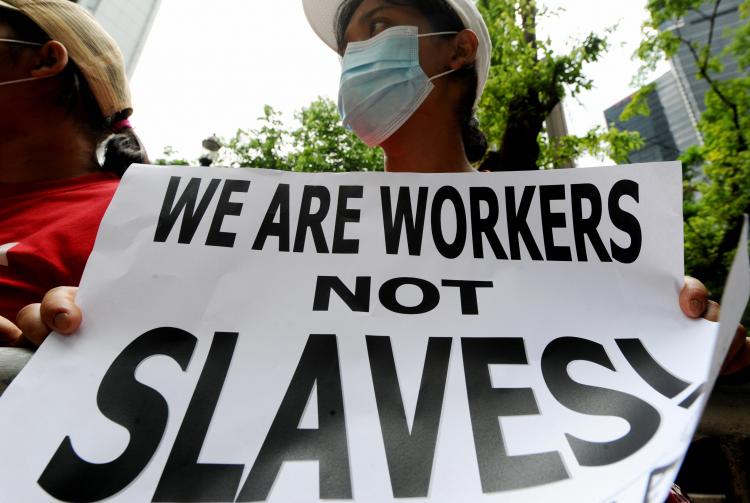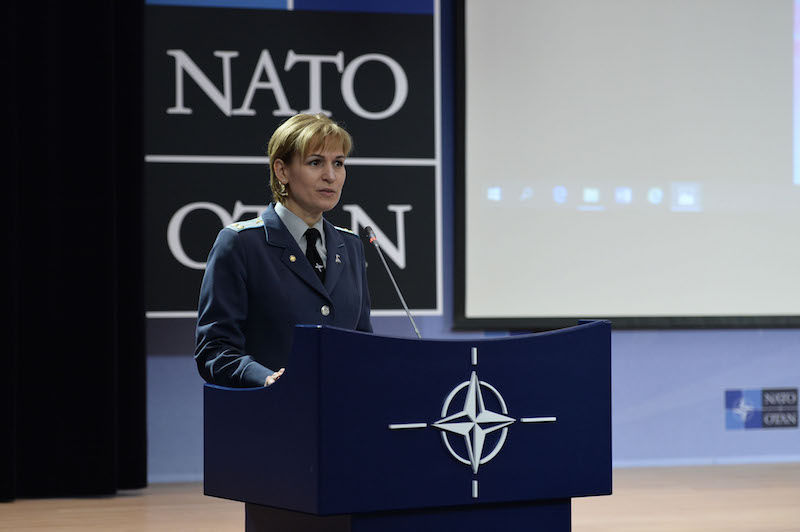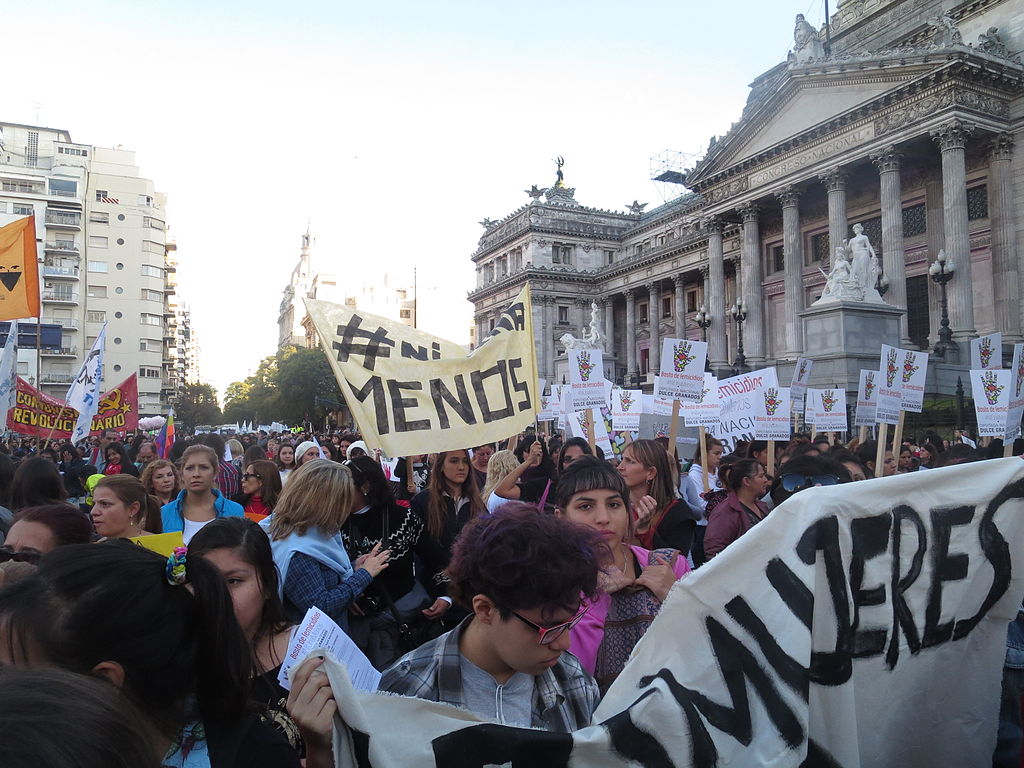The recent confession of a Cyprian army officer murdering five migrant women and two children reopened the dialogue of migrant domestic workers’ (MDW) invisible fight against exploitation and human rights violations. The case highlighted the corrupt and secretive nature of the industry, with many juxtaposing it to modern day slavery. Ionas Nicolau, Cyprus’ justice minister, resigned after accusations of that his government mishandled missing persons reports of migrant workers. Unfortunately, the Cyprus government’s inability to protect the victims is symptomatic of the global community’s oversight to enact effective and enforceable labour standards to safeguard MDW from abuse.
Migrant Domestic Workers: The ‘Invisible’ Workforce
The International Labour Organization (ILO) estimates there are over 11.5 million MDW employed around the world. The industry is predominantly female (73%), with the majority of employers located in Arab states and Europe. Although the Gulf region only accounts for 1.5% of the world’s labour force, it employs over 17.6 million migrant workers, the majority of whom are not included from domestic labour laws and regulations. Many of the migrant workers are recruited from rural areas and coerced into believing they will receive well-paying jobs abroad, only to be unwillingly deceived into forced labour.
MDW are disproportionately vulnerable to inhumane working conditions, as most domestic work occurs in informal and private settings, such as an employer’s residence. Common mistreatment MDW face include: inadequate wages, withholding of payments, unregulated work hours, confiscation of personal identification (ex. passports, visas), forced labour, physical/verbal abuse, sexual harassment, and abuse.
Testimonies of MDW report experiences of working twelve to fourteen hours a day, for seven days a week, while being compensated less than three dollars an hour for their work. Others recount the difficulties of being isolated from society and deprived of basic needs, such as healthcare, due to their status as a foreigner or undocumented worker. Statistically, an MDW is at greater risk of being sexually abused and raped by their employers. The rising incidents of employers severely abusing and murdering MDW have garnered international demand for labour reforms.
Trapped and Marginalized
The capacity for a MDW to leave their employer is limited. The kafala sponsorship system in the Middle East requires MDWs legal status, and subsequent mobility in a nation, to depend on their employer. In many cases, MDWs are unable to remove themselves from abusive work environments, as any action taken without their employer’s consent can lead to consequences such as deportation or detainment. Similarly, MDW who want to report cases of harassment are unable to, as employers are able to press charges and request fines or jail time against workers.
Philippe Marcadent from the ILO explains MDW are marginalized from the legal system as domestic work is traditionally categorized as ‘informal help’. In turn, a MDW does not qualify for legal contracts, minimum wages, benefits, or holidays. The Centre for Migrant Advocacy reports the lack of regulation in the industry also enables employers to “farm out” MDW to relatives in surrounding nations outside their original agreement – entrapping MDW as undocumented workers.
Human Rights Violations
The treatment of MDW violate several international conventions. The inhumane conditions MDW work under infringe on Article 2 of the Universal Declaration of Human Rights, Article 8 of the International Covenant on Civil and Political Rights, UN Convention of the Protection of the Rights of all Migrant Workers and members of their families, and more. While the informal aspect of domestic work contributes to the poor regulation of MDW rights, MDW are also subjugated to conflicting regulatory labour frameworks from their state of origin and working state. Governments experience difficulty negotiating joint-agreements on interborder labour regulations.
The ILO is instrumental in the advocacy of MDW rights. The organization has spearheaded the 2011 The Domestic Workers Convention (No. 189) to ensure MDW receive equal treatment in the legal system. In 2017, Qatar and the ILO signed a cooperation programme to reform the nation’s kafala system. Since then, Qatar has worked towards implementing a minimum wage, labour inspection policy, and abolishment of its exit visa requirement. As well, Kuwait and the Philippines recently passed an agreement ensuring Filipina MDW working in Kuwait retain the rights to keeping their passports and mobile devices, work under secure employment contracts, and receive monitoring from Philippine officials.
Although efforts for labour reform are being made by non-profit organizations and states, the fight for MDW rights and integration in the legal system is still in its early stages. The next steps forward will require increased exposure to the crimes and discrimination committed against MDW and a stronger commitment from states to coordinate cross-border legislation on labour regulation.
Featured Image: “Filipina domestic worker at Protest.” (20 March 2019), by Scott Carpenter via Wikimedia Commons. Licensed under CC BY-SA 4.0.
Disclaimer: Any views or opinions expressed in articles are solely those of the authors
and do not necessarily represent the views of the NATO Association of Canada.




